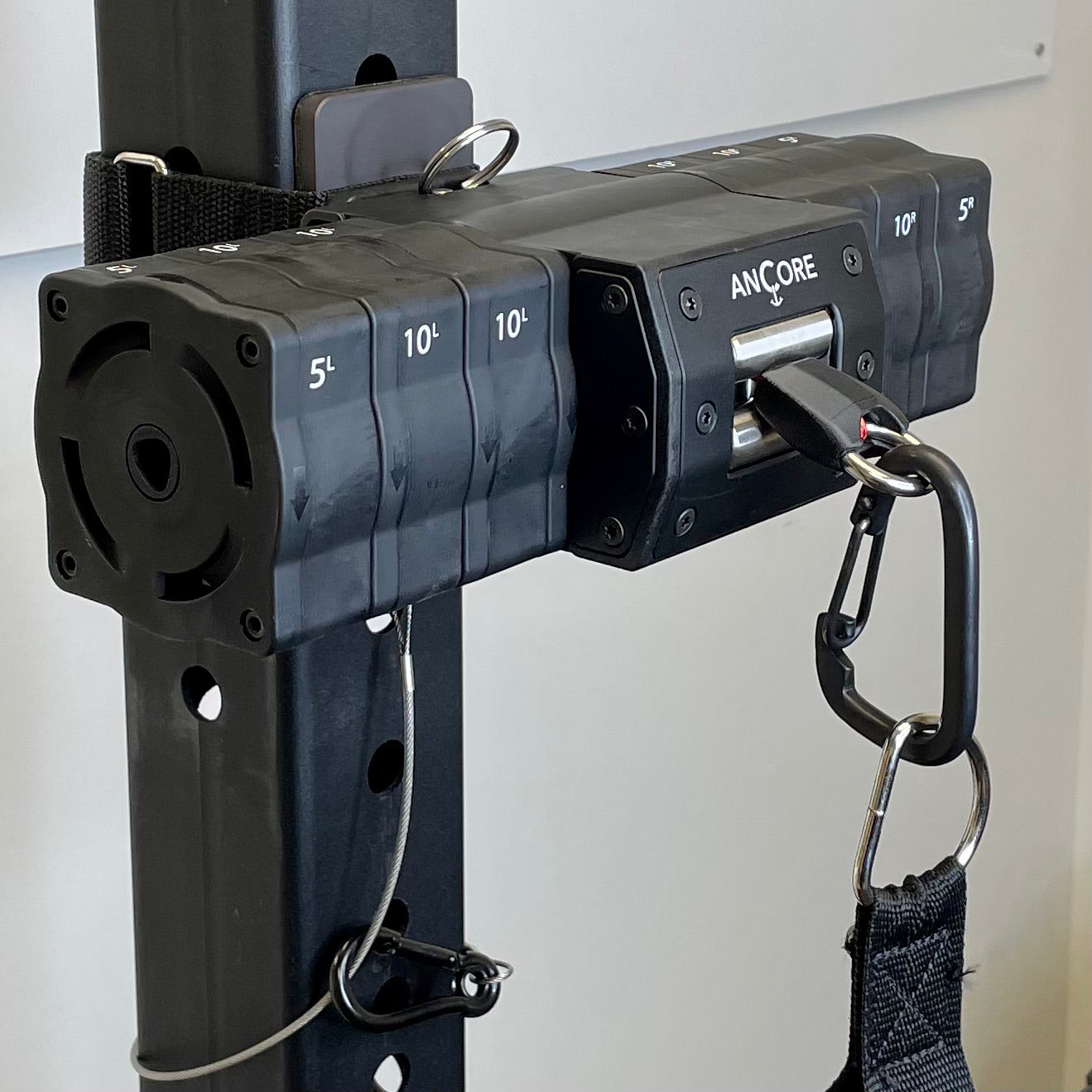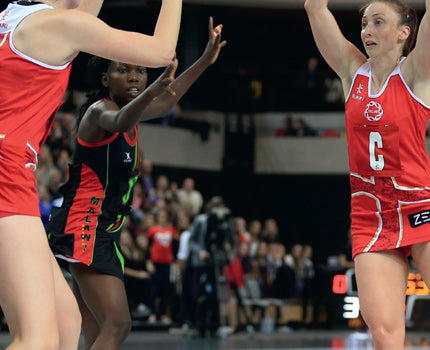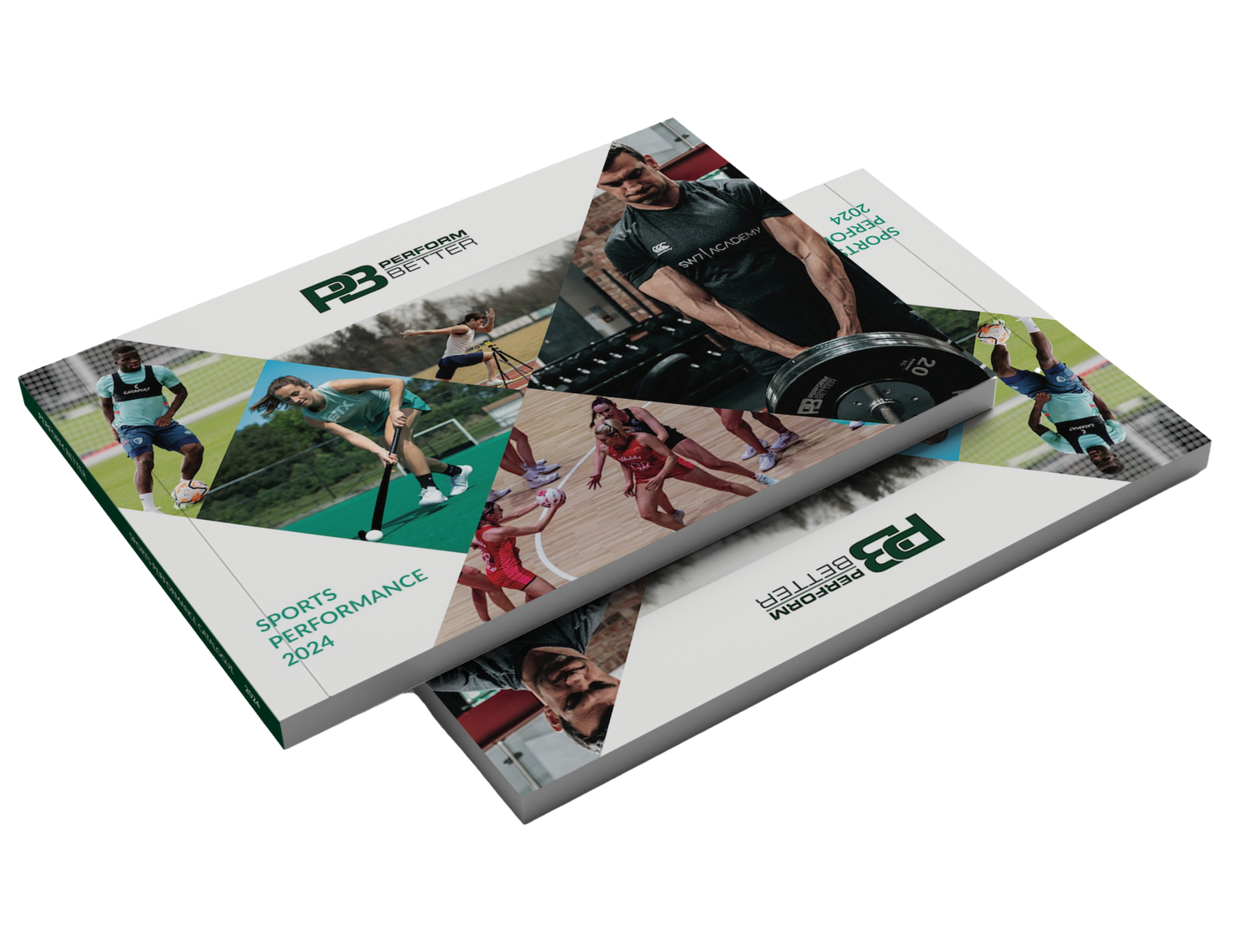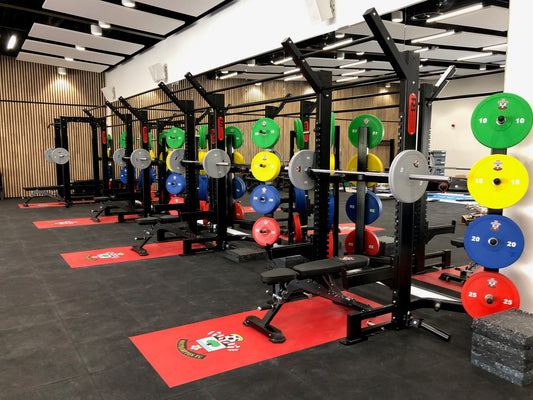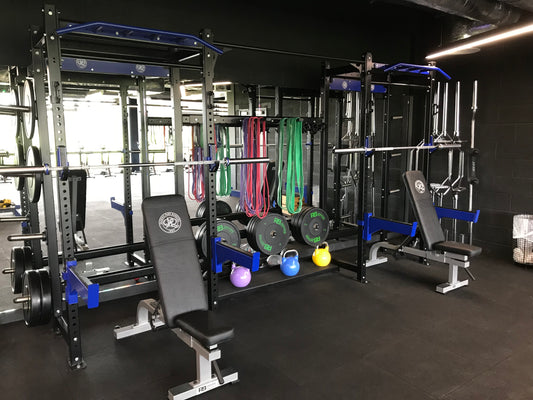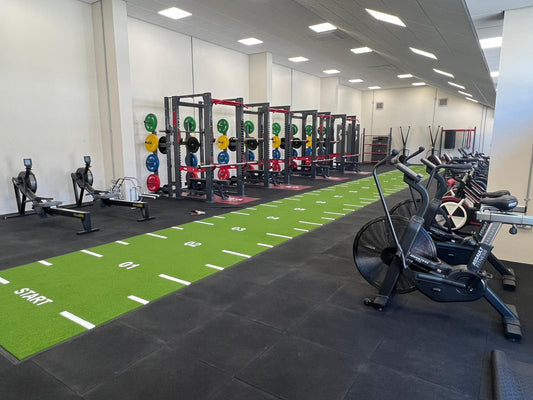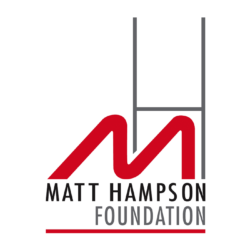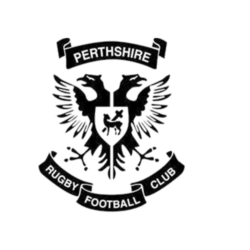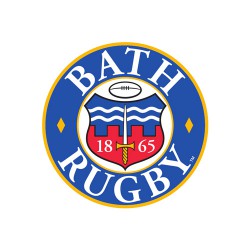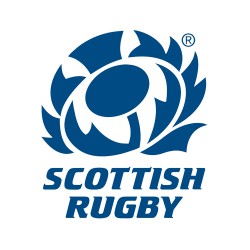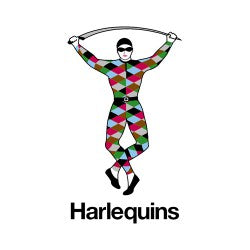
The England Netball senior squad put in endless hours of intense training before every competition. With Tracey Neville and her coaching team at the helm, the squad are pushed to their physical limits to ensure that they achieve the best possible performance. But to elevate the squad to the next level – the top of the podium – they need even more in their arsenal.
Content and imagery sourced from http://www.dailymail.co.uk/
That’s where Performance Analyst Andrew Butterworth comes in. Doing vital work behind the scenes, it’s Andrew’s job to film the games, collate data and analyse every player on the court – but there’s much more to it than that. Natalie Morris spoke to Andrew to find out exactly what it takes to be a netball tech whizz, and how technology is impacting our game.
Surrounded by cameras, laptops and technical kit that would rival Inspector Gadget, Andrew is a picture of calm as I grab some time with him ahead of England’s final warm-up game against NSL Select in Surrey. Given the manic game schedule over in Sydney, Andrew’s composure is impressive – but he takes a very pragmatic approach when it comes to his job. ‘Basically, I work in three phases; pre-match, live during a match, and post-match.’ Sounds simple, but as Andrew elaborates it quickly becomes clear that performance analysis is far from a walk in the park.
‘Pre-match, one of my main goals is to collect information on who we’re going to face. All international matches tend to end up either on YouTube, or they are broadcast – we can get all the detail, all the data from that. The ANZ games are in the public domain, it just means I get up at 3am on a Sunday morning to record them, which is always fun – setting a 3am alarm. What I will then do is go through those games and code them with the stats that the coaches want to see.’
Ok, we’ve heard of coding a website – but how do you go about coding a netball game? ‘Coding is basically breaking the game up into different segments,’ Andrew explains. ‘So, for example, I will code every goal that’s scored. Once I’ve done that once – there’s basically a line on the screen, and when I double-click it, the goals will play in one go. So, rather than having to track it throughout the entire game, if we want to find goal number 34, we can just click straight onto that specific goal.
‘I’ll go through the game and code it up with all those different events that we look for: so centre passes, turnovers, intercepts etc. and each of those are coded. It means the coaches can look at individual instances.’ Building up a detailed profile of the opposition is an invaluable tool for the squad – but that’s really just for starters, the lightning pace of a live game scenario is where Andrew’s expertise really comes into its own.
‘I think it’s useful that I used to play the piano. There are so many fast key strokes when I code a game live. Everything happens so fast so I have to be completely switched on at all times. Every event that happens on court has a key on the keyboard assigned to it. So a centre pass for example is C, so every time we have a centre pass, I’ll press C and the software will automatically record the duration of that centre pass. I like to think of it as composing the story of the game. So at half-time in the changing rooms, we link the technology up to a projector and show the girls any memorable events that would be useful.’
But this isn’t a solo mission – Andrew employs the expert eyes of his coaching team to help him capture every important moment: ‘The coaches have an app on their phones called iCoder, if they see something that they really want to look back on, they press a button on their phone, and it automatically comes through to my laptop and creates a new code. That means that post-match, they don’t have to trawl through the entire game to find that moment.’
The data that Andrew can provide is a game-changer for coaches. Not only can they build up a reliable profile of any opponent they may face, but they can also use data collected from games about specific players and events, as it happens.
In Glasgow last summer we were able to feed live video to the bench via an iPad.’ Andrew tells me. ‘We were able to ping stats to the coaching team live from the game so they knew how the game was going as it was progressing. So, not only do they have their gut feeling - their coach's intuition - but they also have the back-up of rationale with actual facts and objective data.'
Pure, factual objectivity is one element that even decades of coaching experience can’t buy – human emotion will always have some impact on decision making. Is the answer, therefore, to remove the human element of the process? Or can you go too far with technology?
Andrew thinks you can: ‘The danger of course is that you do too much. A phrase that’s bandied around a lot is “paralysis by analysis”. You give people so much, they’re overwhelmed and don’t know which bits of information to take on board. So, we are really careful and selective with what we give to our players, and what will actually benefit them and help them to improve.’
The depth of detail that Andrew’s technology can achieve is astounding – from knowing exactly which section of the circle is most successful for a shooter to score from, to seeing just how high a specific player is jumping in a match, no area of the game is beyond his reach.
As part of Andrew’s on-going PhD at Cardiff Metropolitan University, his aim is to build on the profiles of every player in the squad and to add more detail into the game on an individual level. ‘It’s called normative profiling. We have been tracking it for about three years and have built up a library of data on our own players and our opposition. It means when any player steps on court, we have a
pretty fair idea of what we’re likely to see from them.’ That all sounds slightly Big Brother – I wonder whether the scrutiny ever gets to the players, but Andrew doesn’t see it that way: ‘It’s an aid to performance. We don’t’ want the players to feel like they’re being tracked and watched and constantly scrutinised.
‘Everything we do is a tool for performance enhancement. If a shooter is weak in a particular zone of the Circle, we’ll then show some examples of that and put it all together. You’ve got the stats on one side and the video right next to it, then players can make links between the two. We make sure to cater to all learning styles. You’ve got visual people and your more stats-based learners – so whether our players respond to numbers, graphs, or images – we’ve got them covered.’
With this much incredible technology at our fingertips, surely we’ll be challenging the Aussies in no time? Despite the clear benefits of performance analysis though, there is still contention in the sporting world over exactly how much of an impact it can have on a team. ‘Performance is so multi-faceted, there are so many different things feeding into it; there’s strength and conditioning, physiotherapy, psychology – analysis is just one of the elements that contributes to performance as a whole,’ Andrew concedes. ‘But what it does do, is allow the players to be more informed so they go into their next performance knowing more about themselves and their opposition. They get all the tactical and technical input from the coaches, and they’re also getting facts and objective data that, even if it’s just that extra one per cent, could be the difference between losing by one or winning by one.
‘We saw how fine the margins were last summer in Glasgow. We were asked if we saw anything in those final 30 seconds that might hold the answer to where we went wrong. Well, again, it’s hard to answer that. How long is a piece of string? It’s difficult to put an exact number on the impact it has. But I think that most sports all over the world are depending more and more on performance analysis. We’re pretty developed in it, and we certainly believe that we’re the best in netball.’
Coding, tracking devices, live analysis – it basically sounds like Andrew is the James Bond of netball, but he’s not convinced that he can compete with Daniel Craig just yet: ‘Bond? I’m not sure about that – but some elements of this aren’t too far away from the 007 environment. Performance analysis in general is quite a secretive world. People don’t let on what they’re doing most of the time, or certainly what they’ve found. We would never let on what we’ve found through our analysis, but we’re happy to share with people what we do, and the techniques. A lot of people have started to be a bit more open about it. I’ve been to a couple of conferences where people have been sharing ideas.’
The question now is where can it go from here? Andrew has pretty clear idea about what is needed for performance analysis to progress to the next level: ‘It needs to become more embedded in the coaching process. Some coaches have already got it ingrained within their coaching system and they use it an awful lot for review. I think it’s an education thing. Some coaches are threatened by it – but I think it’s vital that more people embrace the change, and really utilise the benefits of using technology.’ Regardless of where it’s going, performance analysis technology has already revolutionised the game. As interest and funding in women’s sport continues to climb, it’s likely that technology will play an ever more integral role in the development of international netball.
Images and content from http://www.englandnetball.co.uk/
